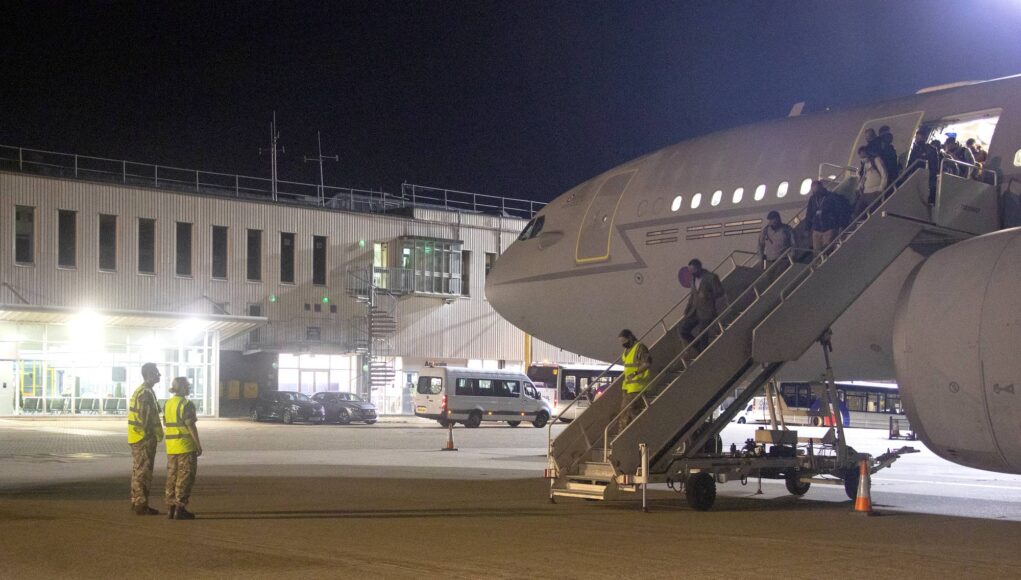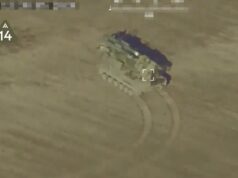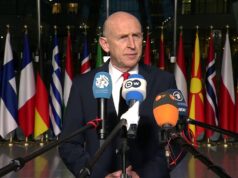The Defence Committee has published the transcript of private evidence from the individual who first identified the Afghan resettlement data breach and raised the alarm with the Ministry of Defence.
The witness, anonymised as Person A, described discovering the leak, warning officials, and later being served with a super-injunction that prevented them from speaking publicly about the breach or even acknowledging its existence.
The Committee also released correspondence from the Speakers of both Houses on how the injunction affected parliamentary functions.
Person A told MPs they became involved in helping former Afghan security personnel during the fall of Kabul in 2021, initially assisting with paperwork before handling cases across a wide network of units. They said the breach came to light when a family they were supporting saw sensitive information posted anonymously on Facebook. Person A recalled that the poster claimed to hold tens of thousands of entries from an internal database. They said they immediately raised the alarm through a government contact.
The transcript records Person A saying “we told them on 14 August… we knew it was bad.” They received no immediate response. They said the first formal contact came weeks later, during a meeting in which they were unexpectedly served with a super-injunction. Person A told the Committee “I had to have it explained to me what it meant… it literally affected every single day of my life.”
MPs examined the impact of the breach, with Person A stating that Afghans whose details appeared in the leaked files feared they had been left exposed to Taliban reprisals. They described widespread panic when the injunction was lifted and said “I got over 5,000 messages… every Afghan panicked.”
The session also explored failures in the ARAP process, the handling of eligibility decisions, and the effect of delays within the Home Office. Person A argued the system remained “not fit for purpose” and warned that rejections had left people destitute and at risk. They told MPs they had documented torture cases and forwarded evidence to the MoD.
The Committee probed the disputed conclusions of a government risk assessment. Person A said no one familiar with conditions in Afghanistan believed the breach posed limited additional danger. They argued that Taliban units had been actively hunting former Afghan partners and that the leaked data had given militants confirmation that certain individuals had links to the UK.
MPs also questioned Person A about intelligence they had received from Afghans in hiding, including reports of militant training activity in Afghanistan. Person A indicated they had “nowhere to pass it on to” and said no government body had since collected that material.
The transcript details concerns about how the ARAP and ARR schemes were administered, including inconsistent decisions and long delays for families already approved for relocation. MPs heard that interpreters, special forces partners and their relatives faced prolonged uncertainty, and that some had been deported back to Afghanistan while still awaiting Home Office clearance.
The Committee will continue its inquiry with a public evidence session scheduled for 9 December.













